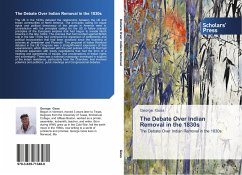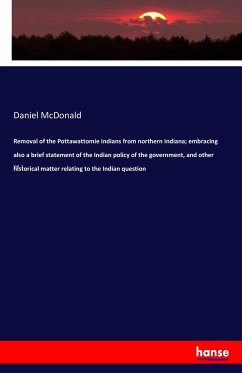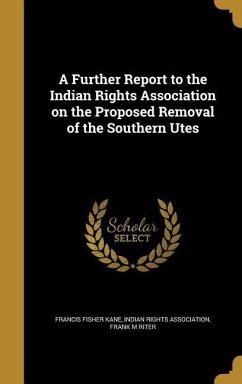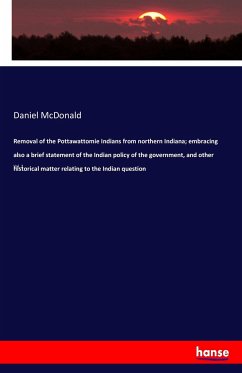The US in the 1830s debated the relationship between the US and Indian communities of North America. The principles calling for equal rights and political democracy of the people in America were in contradiction with the principles calling for the US to follow colonial principles of the European empires that had begun to invade North America in the late 1400s. The colonies that had revolted against British rule in the late 1700s had continued the expansion of settlements and political incorporation that had been practiced since the founding of colonies at Jamestown and Plymouth. The proposal of Indian Removal debated in the US Congress was a straightforward expression of that expansionism, which dispensed with the past policies of the US that had combined expansion with treaty negotiations that had the form of a meeting and agreements of equals, and proclamations of Indian rights and sovereignty. There was a national ivcampaign developed in support of the Indian resistance, particularly from the Cherokee, that involved polemics and petitions, pubic meetings and Congressional debates.
Bitte wählen Sie Ihr Anliegen aus.
Rechnungen
Retourenschein anfordern
Bestellstatus
Storno








